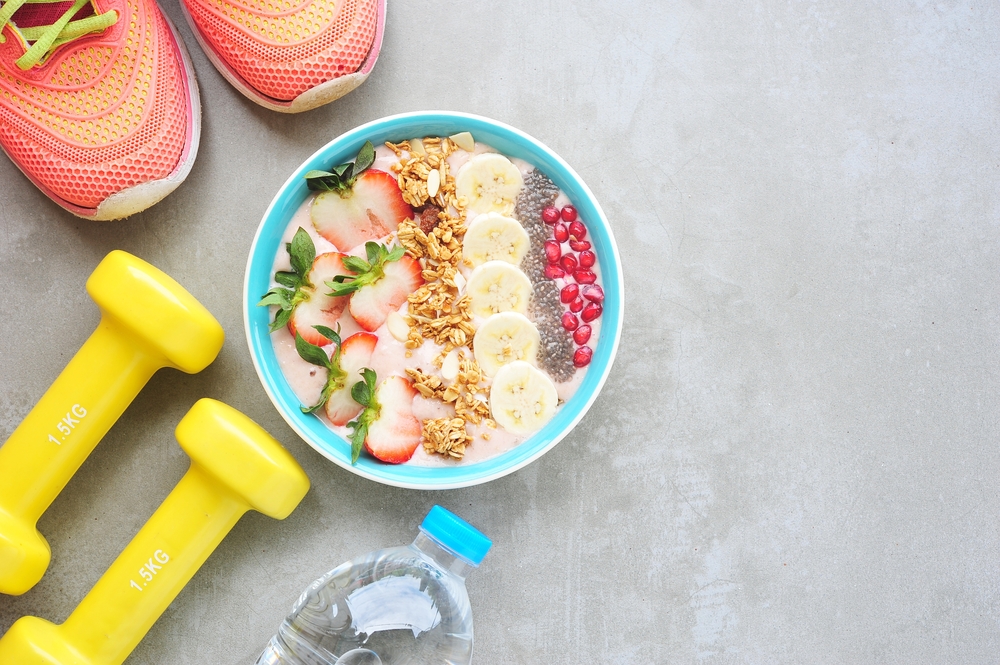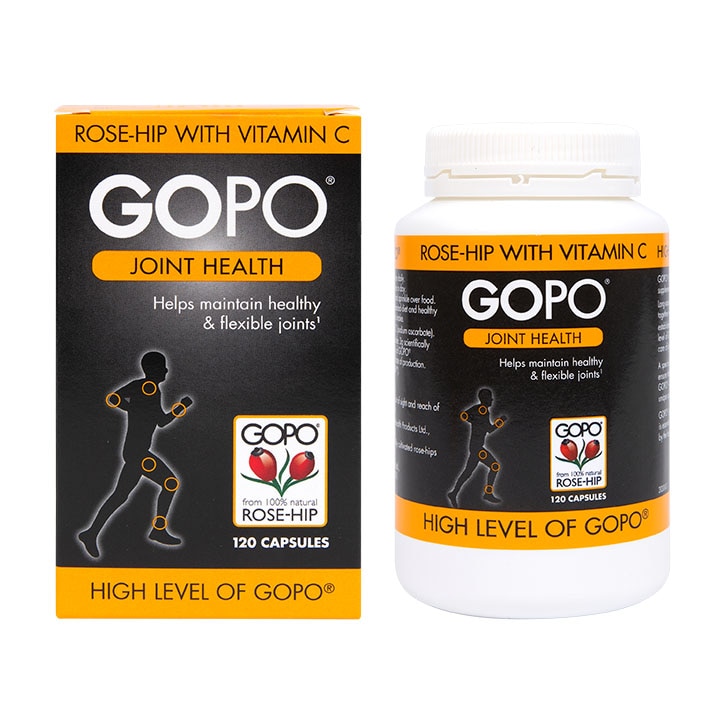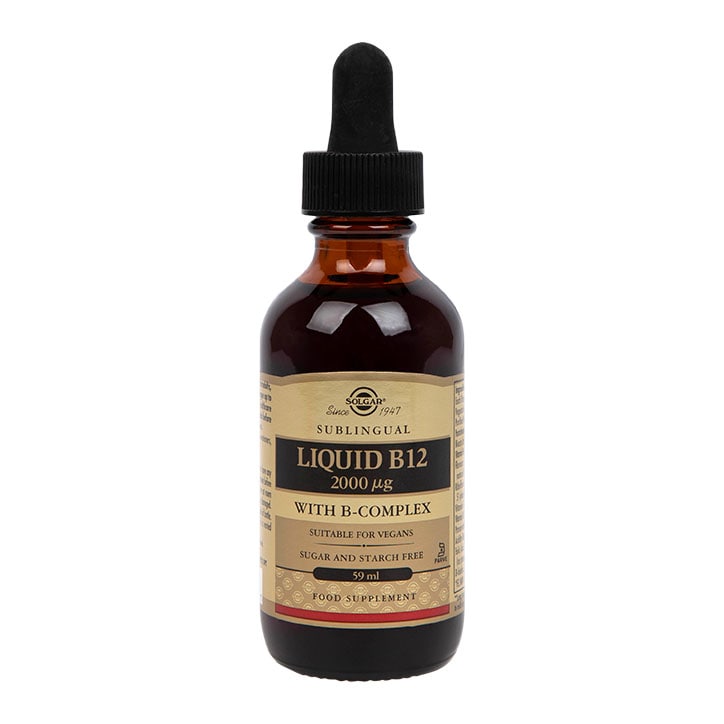As a keen walker, it’s easy to spend all your time researching the best routes, latest technique tips and kit recommendations. However, it’s also important to pay attention to your post-walk recovery. Below, we’ve rounded up some nutritional tips to help you learn how to recover from long walks and regain strength, ready for your next adventure…
By now you’re probably raring to go with your next walking adventure, so keep up the momentum by ensuring you let your body build strength and recover. ‘A brisk walk is naturally anti-ageing, says Karen Cummings-Palmer, a nutritionist for supplement company OG. ‘It improves circulation and therefore more oxygen reaches your skin, encouraging the cellular turnover that slows with age. And because it’s weight-bearing it boosts both your beauty and bones!’
How to recover from long walks through your diet
The exercise from walking is only part of the journey to looking and feeling more youthful. To really feel the benefits, ensure your diet is nutrient-rich and energising too. For optimum nutrition, choose wholesome foods as often as possible. Swap refined carbohydrates for wholegrains and avoid processed foods and ready meals as often as you can. Not only are they high in unhealthy fats and salt, any vitamins and minerals are often lost in processing and storage.
Instead, focus on fresh fruit and vegetables, lean protein and low-GI staples. Where possible, go for organic produce or food with no or few
artificial additives. Not only will this reduce the toxic load on your body, but your digestion will function more efficiently too. This is good news for your gut bacteria, which might be out of kilter if you’ve increased your activity levels.
Choosing gut-healthy foods, which include probiotics such as natural yoghurt, sauerkraut and plenty of green veg, with rebalance your mighty microbiome and in turn, boost your energy and immunity levels.

Follow your own body clock
The old adage of eating breakfast like a king, lunch like a prince and supper like a pauper is related to your body’s natural circadian rhythms. Your stomach is most active first thing in the morning, when it functions more efficiently. As the 24-hour period goes on, it has less energy for digesting, and is more concerned with absorption and elimination, so keep meals light in the evening for maximum benefit.
Eat protein to rebuild strength
Aim to eat protein with every meal. Vital for growth and repair, protein will also help you stay fuller for longer. Focus on lean cuts of meat, poultry or fish – a couple of portions of oily fish a week will ensure that you get enough joint-soothing Omega-3 too. Try not to eat red meat too often – no more than 750g a week uncooked weight – recent research confirmed that the saturated fat content increases your risk of heart disease, while the sodium content of processed meats increases blood pressure.
Nuts, seeds, pulses and tofu all provide good sources of vegetarian protein, and don’t neglect eggs – they contain all eight essential amino acids. In fact, a breakfast of eggs, then a handful of nuts to take on route, should set you up nicely for a day of walking.
Balance your blood sugar levels
Keep your blood sugar levels stable (and hunger pangs at bay) by eating three meals a day and having a low-fat snack in the morning and afternoon. To keep your energy consistent, aim to leave no more than four hours between eating – this will help minimise cravings for sweet, high-fat treats.
Manage your weight healthily
If you have excess weight to shed, research shows the best way to lose weight consistently is to reduce your calorie intake by 10 calories for every pound you want to lose permanently. So this means if you want to drop one stone, you’d need to cut your intake by 140 calories a day.
You might have heard that cutting 500 calories a day was necessary for weight loss, but the research shows that this will result in hitting a plateau before you reach your goal. While the downside of this news is that weight loss will take longer, on the positive side, you’re more likely to stick to your new regime, and keep weight off long term.

How to stay hydrated on long walks
As with any workout, when you’re walking for fitness it’s essential to stay properly hydrated. If not, your stamina can fall and you may feel tired, light-headed and suffer from muscle cramps. Read on to ensure you’re drinking right for your ramble…
The amount of fluid you need depends on how much you sweat. You’re likely to lose between 500ml and 1 litre of fluid per hour, or more if you get really warm – but there are other factors too, including how quickly your stomach absorbs fluid and how much body fat you’re carrying.
Even certain medication can make a difference, with some such as painkillers increasing the amount you sweat, and others such as antihistamines and some blood-pressure medication, decreasing it. As a guideline, you should aim to drink 0.5-1 litre if you plan to walk for more than an hour, or proportionally less for a shorter amount of time.
What to drink: Plain old water should be your first choice. But if you’re exercising for over an hour, choose an isotonic sports drink. These contain a similar balance of electrolytes to that found in the body, to aid recovery.
Best supplements for post-walk recovery
Top up your nutrient reserves to recover and regain strength after walks with these trusted supplements…

Magnesium has many functions throughout your body and a key role is helping maintain your healthy bones – approximately 60% of the magnesium in your body is found in your bones. Try DR VEGAN’s Bone and Muscle Support (£13.50 for a month’s supply).

Studies found that galactolipid, a potent compound derived from fruit, plays a vital role in cartilage protection and regeneration. It’s also
rich in vitamin C, which helps to grow tissues. Try GOPO Joint Health (£18.99).

If you follow a plant-based diet, consider supplementing with B12, which is only found in meat and fish. The vitamin is helps prevent a loss of neurons in your brain, which improves memory and energy. Try Solgar Liquid B12 (£15.50).







